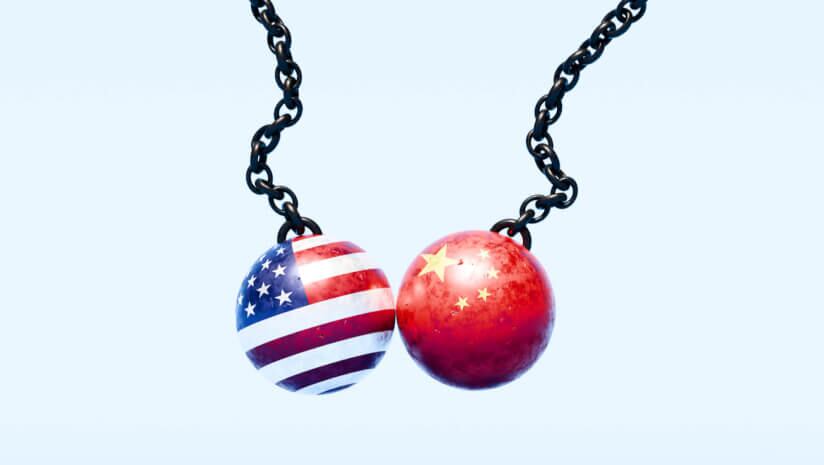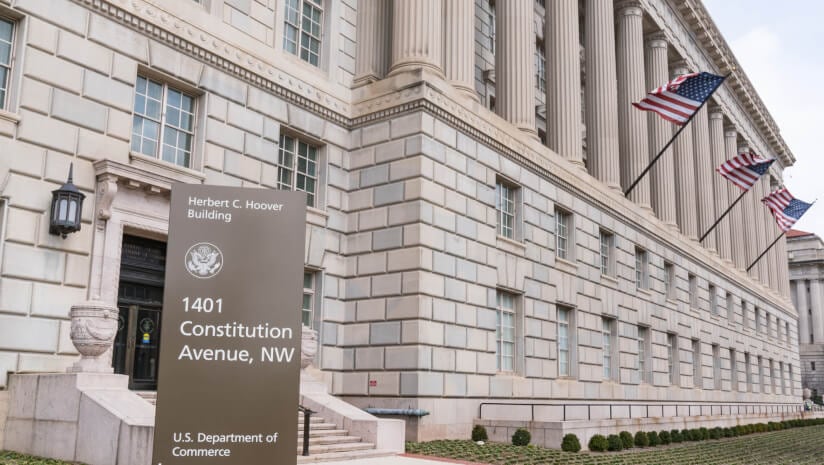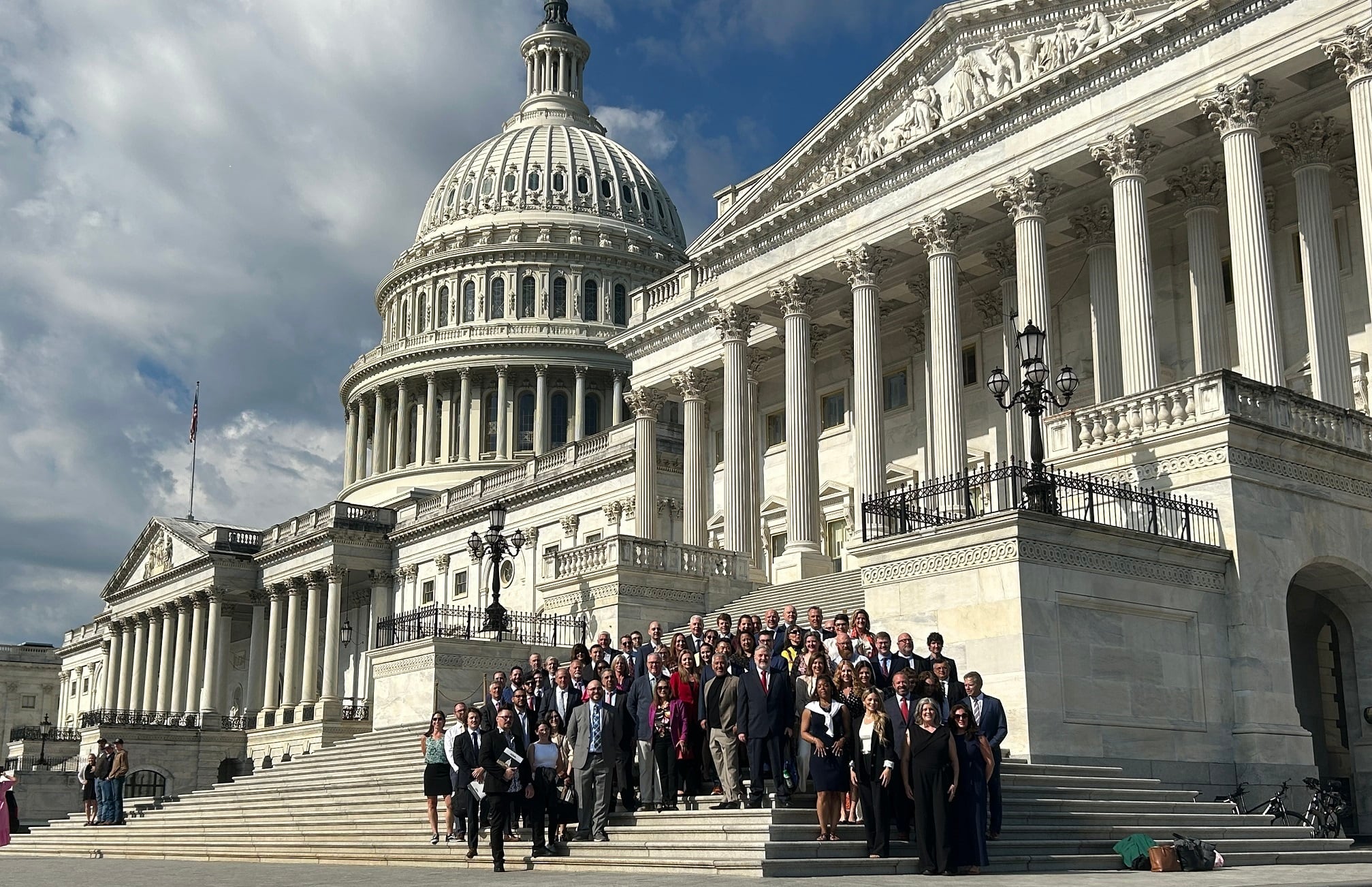According to a White House statement, the 145% U.S. tariff rate on Chinese imports will be reduced to 30%. China will cut levies on U.S. imports from 125% to 10%. These are meaningful cuts for a U.S. supplement industry that imports 80% of raw ingredients for supplements from China.
Jeff Ventura, vice president of communications at the Council for Responsible Nutrition (CRN), said that while this is encouraging news, it may be premature to call the action a return to business as usual.
“Any movement toward rolling back tariffs—particularly those involving China—is a welcome development for many companies in our industry,” he told NutraIngredients. “Supplement companies have already made significant adjustments to their supply chains in response to the initial tariff rollouts earlier this year, and today’s announcement adds a measure of optimism that we may be turning a corner.”
He added that CRN remains hopeful that this is a step in the right direction toward more stable, predictable trade policy that supports the continued growth and accessibility of nutrition products.
Consumer Healthcare Products Association president and CEO Scott Melville said in a statement that the industry depends on a global supply chain for key ingredients and components, and levying tariffs will undoubtedly increase the risk of out-of-stock shelves, price inflation and counterfeit or substandard products being introduced into the U.S. market.
“Many of CHPA’s manufacturer members are investing in expanded U.S. production, but regulatory, infrastructure and supply chain complexities can take at least five to seven years,” he said. “Given the widespread use of these products and the fact that a significant majority of them are finished in North America, it’s essential that any tariff actions be phased, flexible, proportional and targeted to clearly defined national security risks rather than a broad application.”
Graham Rigby, American Herbal Products Association president and CEO, said his organization welcomes the announcement as a step toward easing the trade tensions that have disrupted the global supply of herbal ingredients.
“This pause offers short-term relief but doesn’t stop the broader changes already set in motion,” he said. “Some companies may rush to fill halted deliveries during this period while other companies that restructured supply chains in response to tariffs will likely maintain diversified sourcing strategies as the future of U.S.-China trade policy remains uncertain and subject to sudden shifts.”
“While this rollback is temporary, it signals progress toward restoring more stable and predictable conditions for our industry,” he added. “AHPA will continue to advocate for further reductions or exemptions of the many botanicals that cannot be grown domestically.”
The Natural Products Association (NPA) said it worked with the White House before the enactment of reciprocal tariffs to get exemptions for some supplement ingredients, as outlined in Annex II announced April 2.
“As the U.S. works to rebalance its trade relationship with China, our industry stands ready to grow, innovate and meet global demand,” said Daniel Fabricant, president and CEO of NPA. “This deal moves us closer to a stronger, more resilient, and fair global trade environment.”



